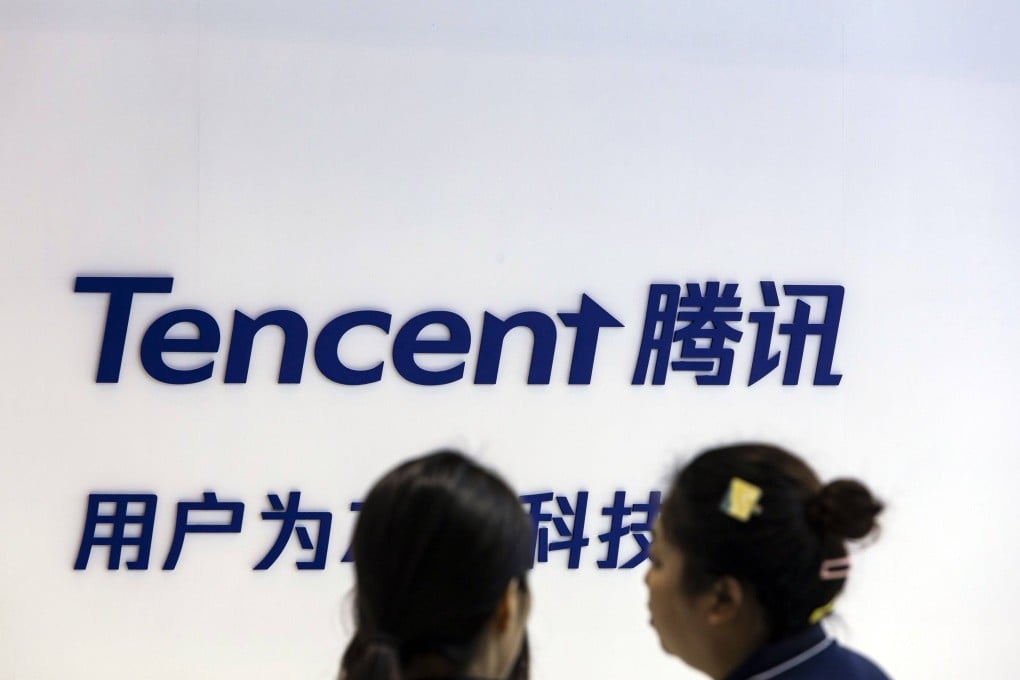Advertisement
Tencent to close live-streaming service Now in latest consolidation move amid economic headwinds
- The seven-year-old live-streaming and short video service will officially cease operation on December 26 due to ‘business adjustments’
- Live-streaming sites operated by popular video platforms are facing a tougher business environment under stricter oversight from Beijing
Reading Time:2 minutes
Why you can trust SCMP

Iris Dengin Shenzhen
Tencent Holdings is closing its live-streaming service Now, as China’s biggest social media and video gaming company continues to consolidate its video businesses.
The seven-year-old live-streaming and short video service will officially cease operations at 11am on December 26 due to “business adjustments”, the company said in a notice posted on the website on Tuesday.
Now’s webpage version already stopped live streaming on Tuesday and no longer accepts new registrations, but users can still log on to the app and use the balance in their accounts, according to the notice.
Advertisement
Now users can choose to refund unused virtual assets and gifts or transfer them to Huya, a separate Twitch-like game live-streaming platform backed by Tencent.
Tencent launched Now in 2016, allowing users to conduct and watch live broadcasts and chat with other users, amid an explosion of live-streaming services in the industry.
Advertisement
The move is part of Tencent’s ongoing efforts to consolidate its sprawling businesses across social media, gaming, video and more, as the tech giant cuts costs and axes underperforming operations amid economic headwinds.
The decision to close Now came after Tencent announced on Sunday it would put an end to Moo, a small music streaming service, on December 31, and an earlier decision to shut down eight-year-old online audio platform Penguin FM in September.
Advertisement
Select Voice
Choose your listening speed
Get through articles 2x faster
1.25x
250 WPM
Slow
Average
Fast
1.25x